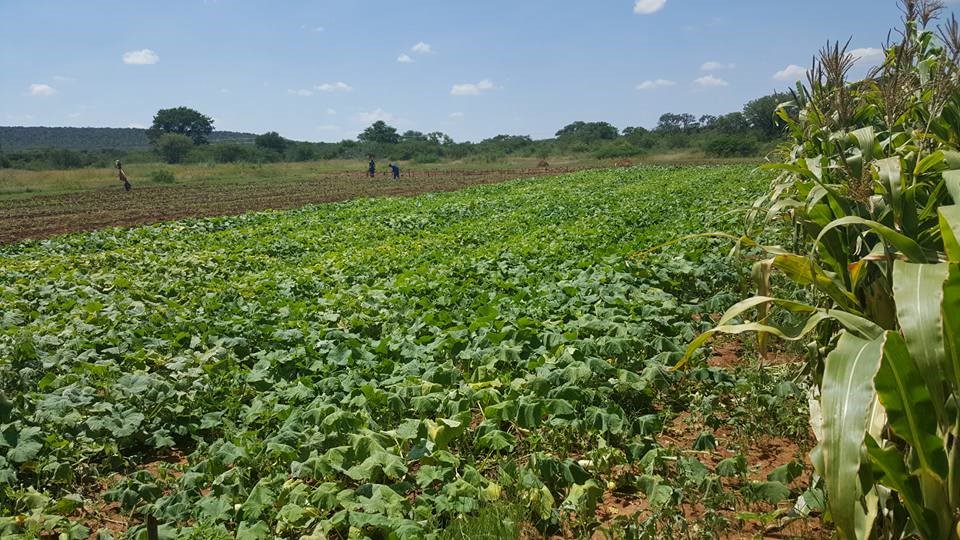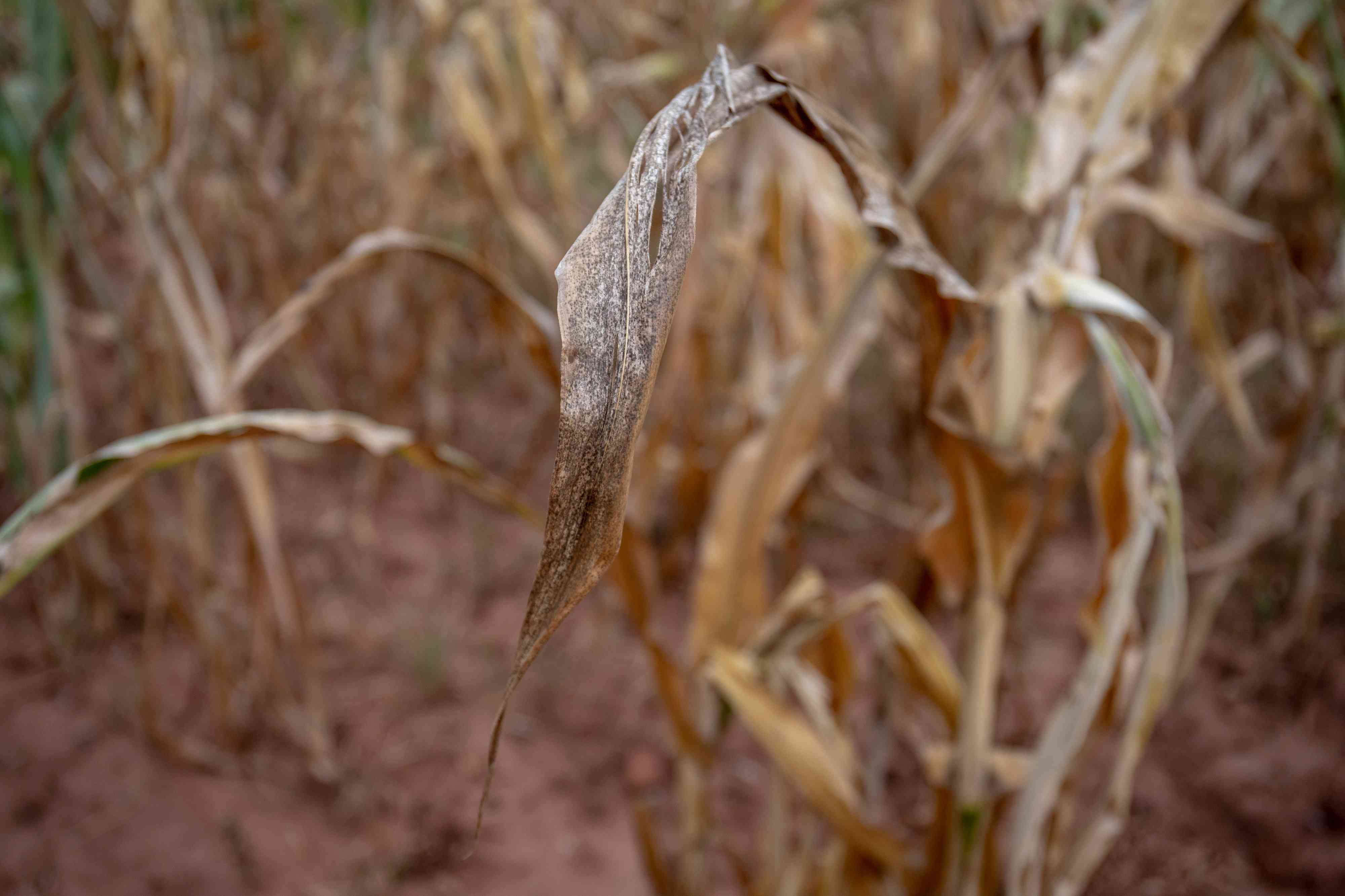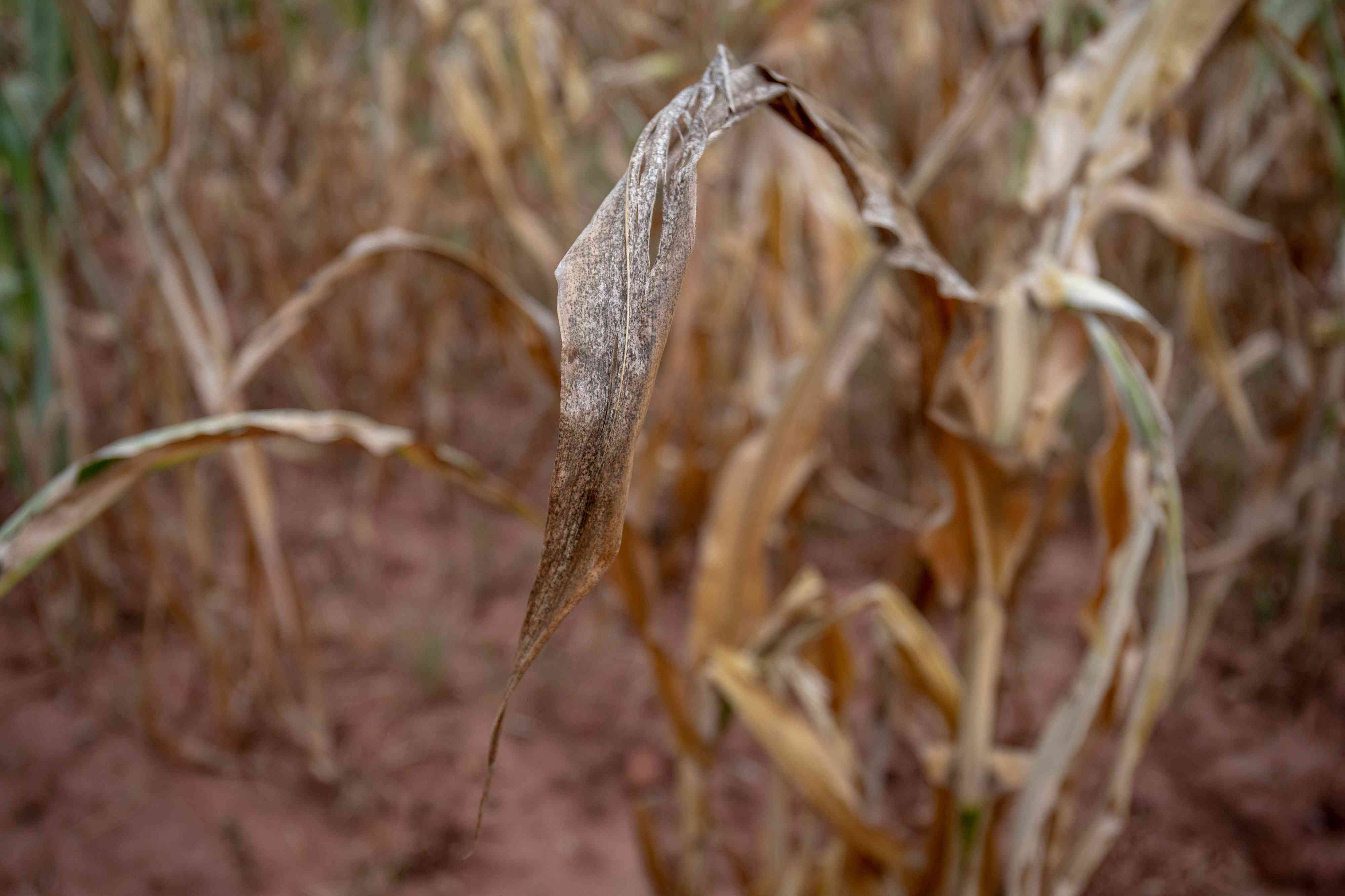
BY OBERT SIAMILANDU NUTRITION remains a huge challenge in Masvingo province, which is often affected by drought and climate change. The COVID-19 pandemic also affected the province’s food production.
Despite these challenges women in Chipinge district have continued to contribute to agricultural production and nutrition.
And to help fight the challenges being faced by women, USAid has been assisting the women by teaching them about climate smart agriculture.
The USAid climate smart agriculture (CSA) programme aims to reduce rural poverty, increase food security, and improve human health and nutrition, as well as foster sustainable management of natural resources.
The CSA platform has proven to be a sustainable and effective mechanism for women to reach out to other women with agricultural information and technologies.
Notably, the CSA approach has helped break religious and cultural barriers that prevented some women from gaining access to life-improving knowledge and resources.
Nokuthula Moyo (47) did not take much time to realise the benefits of adopting CSA practices. She uses the method to grow crops in her home garden in Njere village in Chipinge district ward 29.
“Our area needed a smart agriculture solution due to climate change and deteriorating yields,” Moyo said.
- Chamisa under fire over US$120K donation
- Mavhunga puts DeMbare into Chibuku quarterfinals
- Pension funds bet on Cabora Bassa oilfields
- Councils defy govt fire tender directive
Keep Reading
Tendai Dhliwayo, a farmer, who together with 26 others, was trained by the USAid Resilience Anchors Project on CSA has been imparting what she learnt to others. We were quick to adopt it as our area is turning drier and hotter. Dhliwayo convinced us to turn to CSA as it is less labour intensive. We also invested in mulching which saves water from evaporating after watering the vegetable beds”, he said.
Moyo and her husband, David Mangena (58) gave a portion of their quarter hectare to 27 families so that they run nutrition gardens.
Over 400 farmers in the community are now receiving CSA training from the USAid Resilience Anchors Project in wards 29 and 30 of Chipinge district.
The project has seven 2 000-square metre fenced gardens equipped with solar-powered water systems and 10 000-litre tanks. The water caters for the gardens, nearby communities, livestock and schools.
To ensure increased productivity and adoption of CSA practices, the Mangena family and the rest of the garden members work closely with the Agriculture Rural Development and Advisory Services.
- Follow us on Twitter@NewsDayZimbabwe











